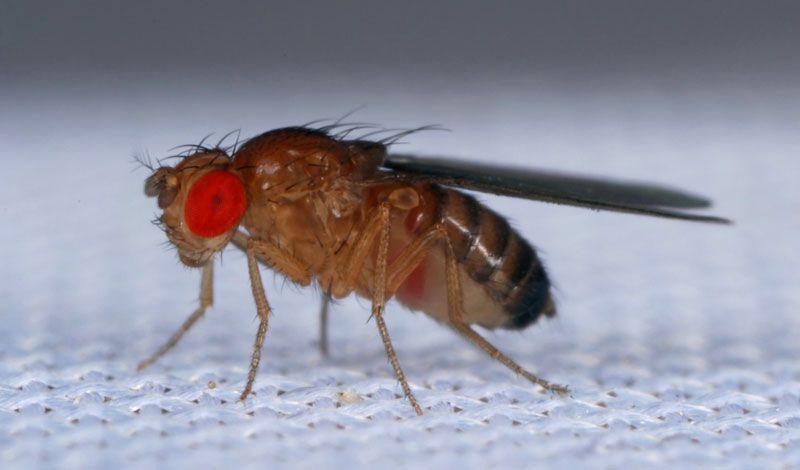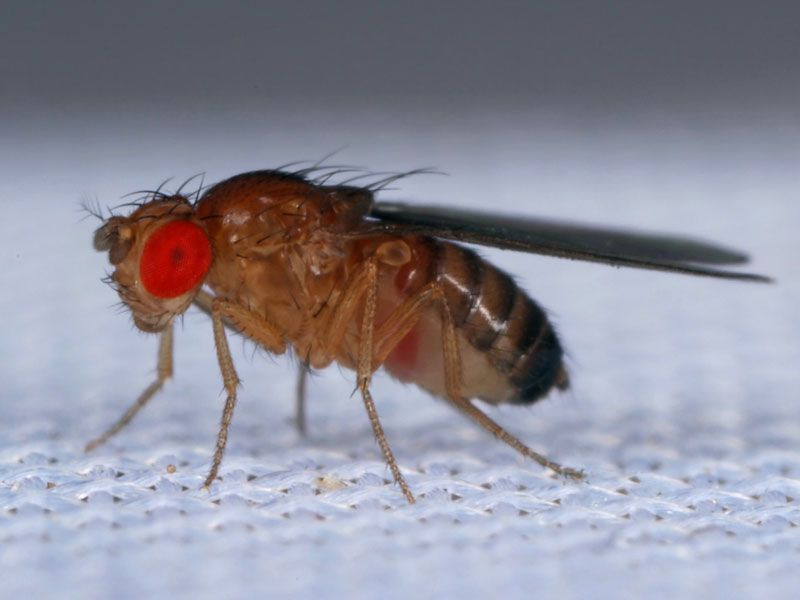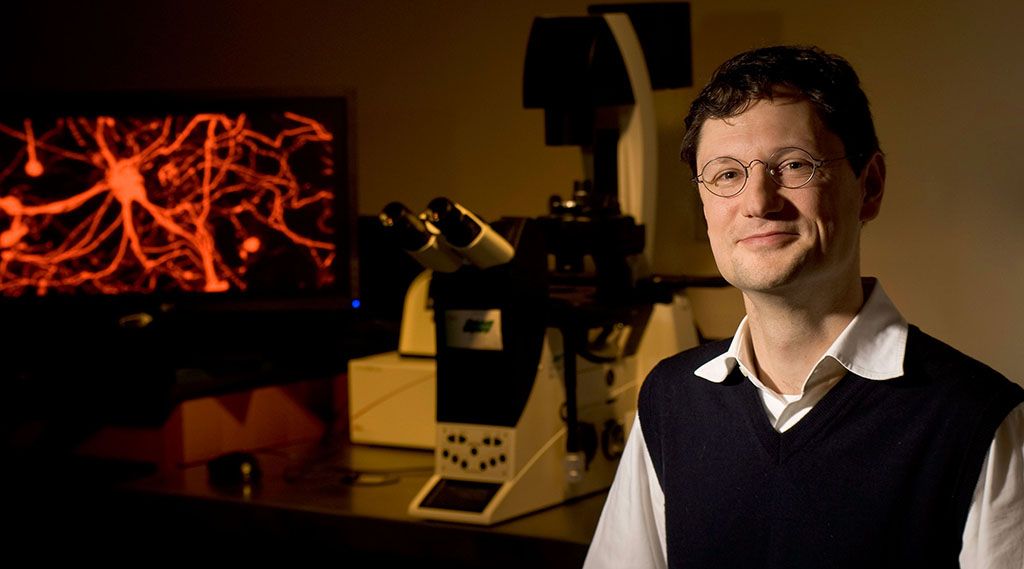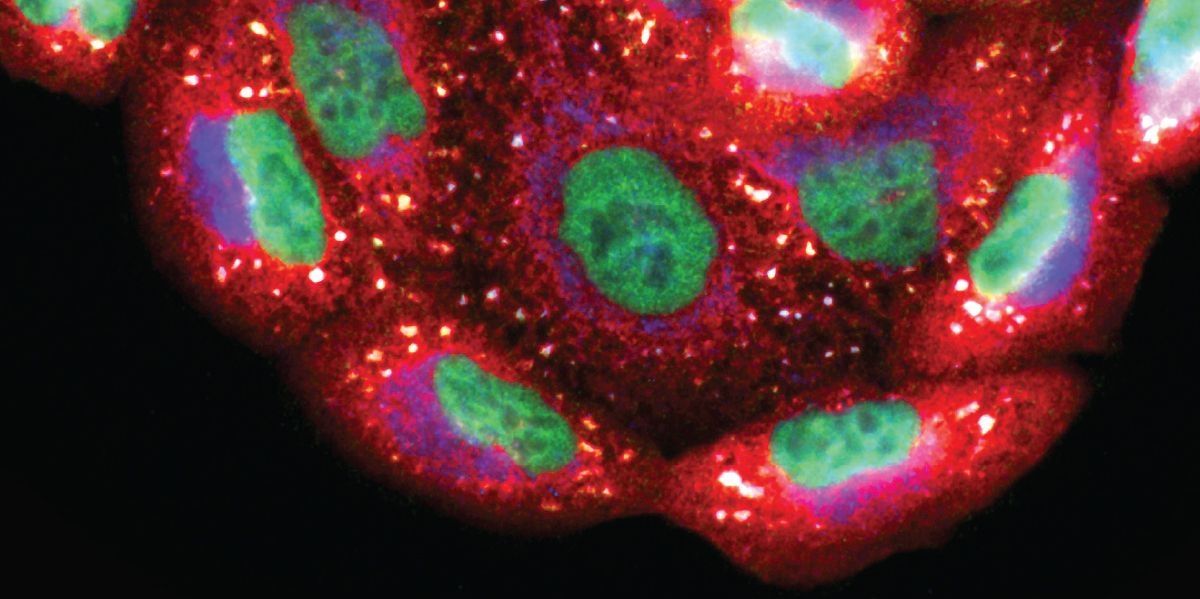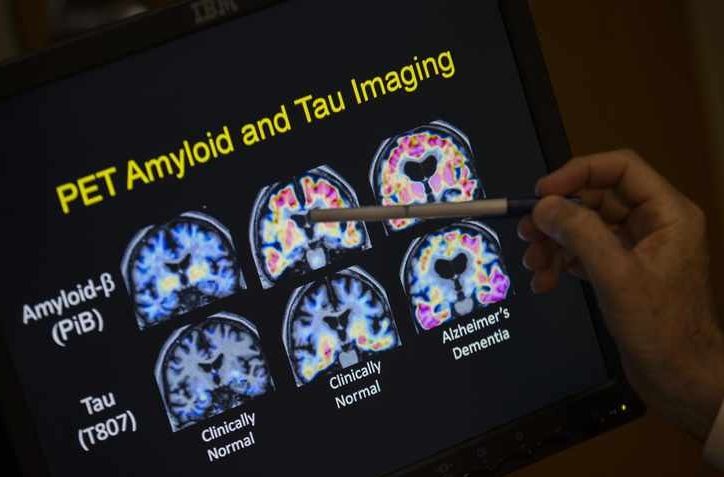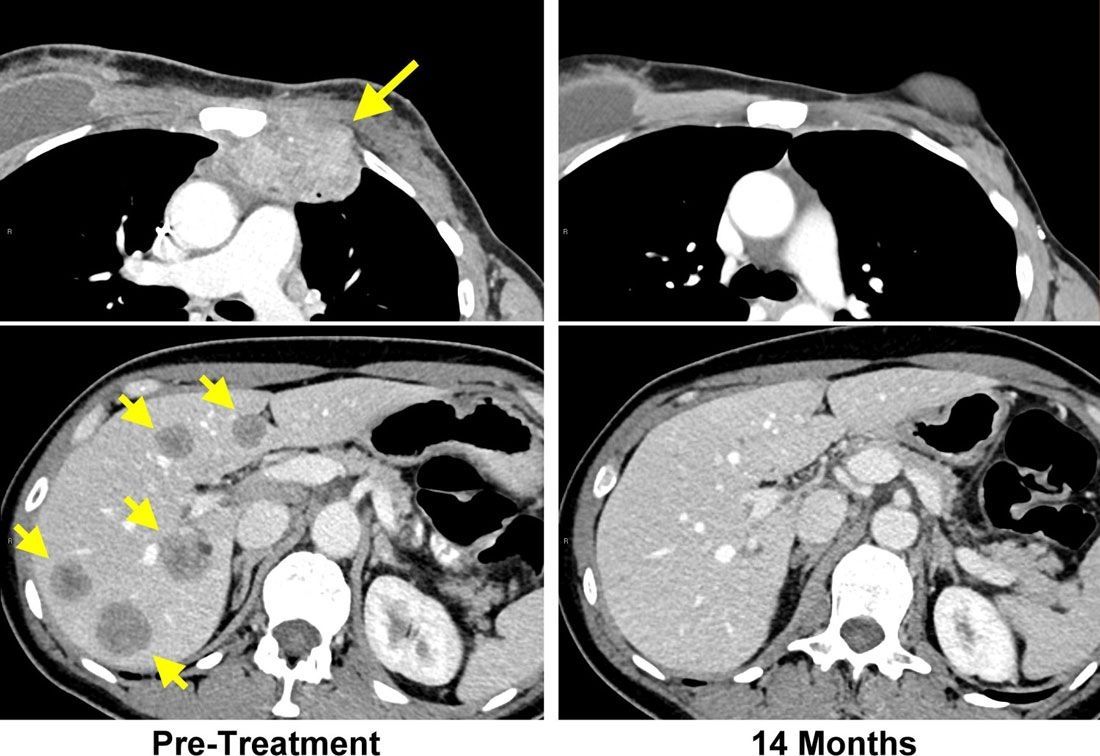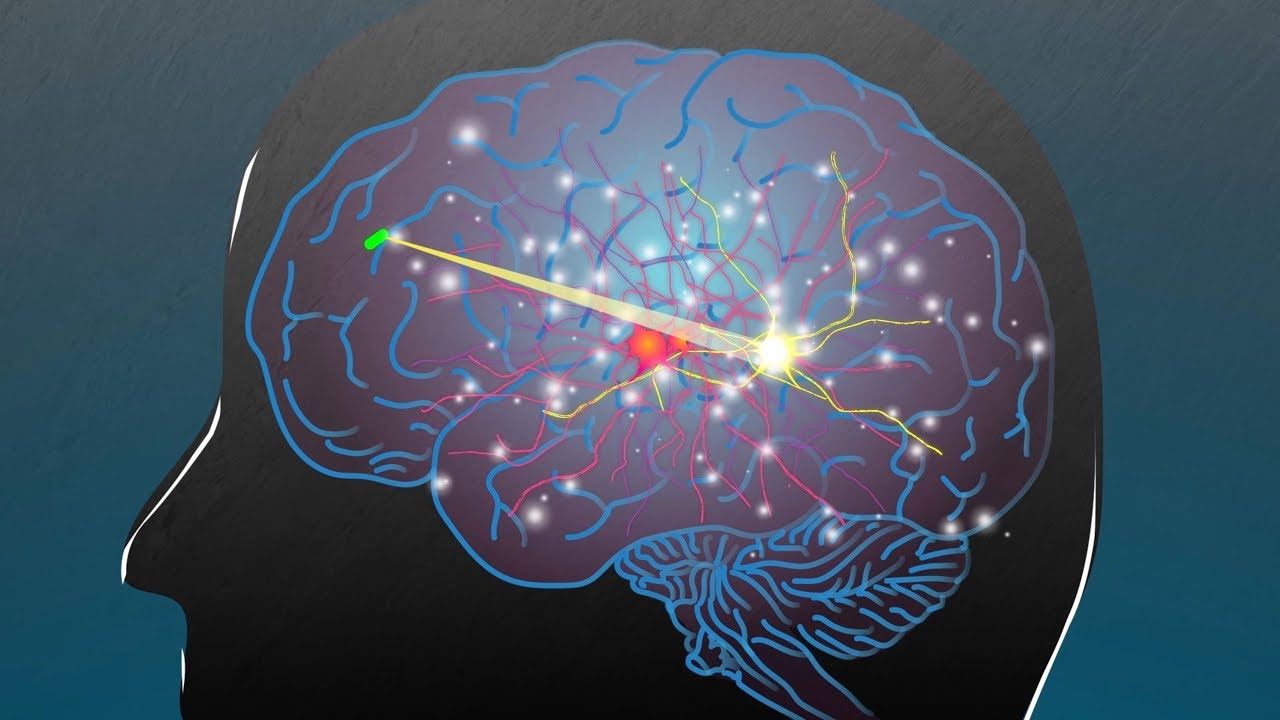
Sought after guest speaker, Aubrey de Grey, has appeared on numerous popular programs including CBS 60 Minutes, BBC, TED and The Colbert Report to name just a few. Today, he joins The Future Tech Podcast, to share his vision on how we can improve the aging process through enhancing the human body’s capability of rejuvenation through cell immortality and pluripotency to human aging and age-related disease.
The. Vice President of New Technology and Discovery at AgeX Therapeutics, Aubrey de Grey, Ph.D., is also the Chief Science Officer of SENS Research Foundation, a California-based 501©(3) biomedical research charity that performs, and funds research devoted to battling the progression of aging.
In this fascinating discussion, Aubrey explains some of the obstacles that need to be overcome, including issues involving age-related tissue damage and stem cell decline which contribute to accelerating the aging process. He also discusses what AgeX is doing in stem cell research and in regenerative medicine that will improve not only the longevity of life, but also the quality and health of individuals throughout the aging process. He also touches on what he sees could be the future in the science of aging and treatments being worked on by the rejuvenation research community.
Continue reading “Aubrey De Grey – PhD. and Vice President of New Technology Discovery at Agex Therapeutics – The Age Old Question of How Can We Combat Aging?” »
